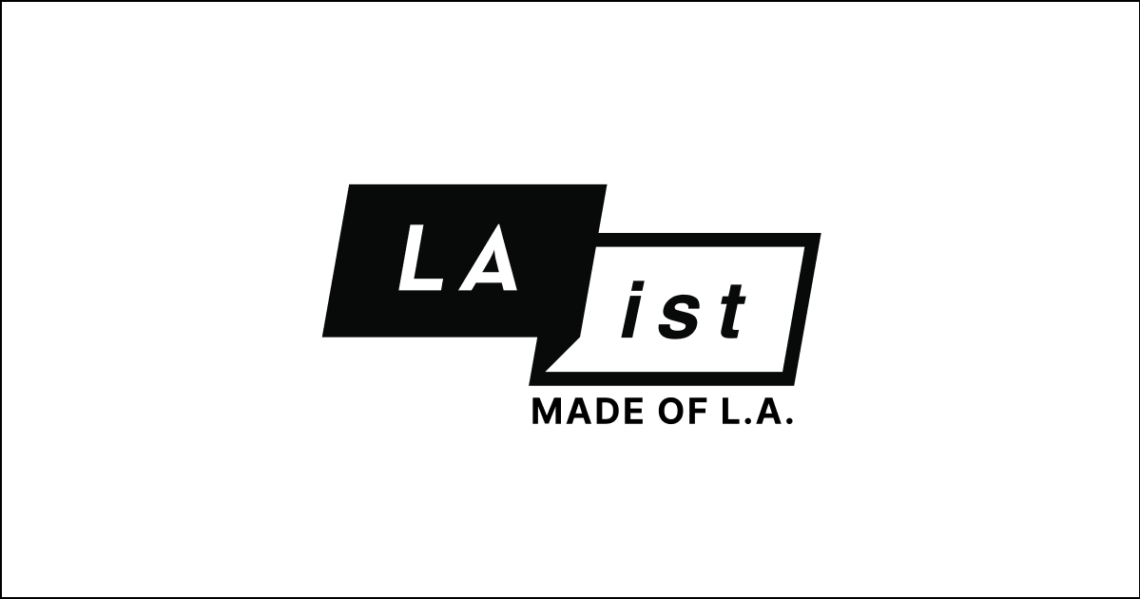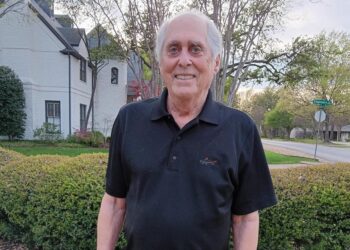In a drab gray government room in Sacramento, Rosalina Michel nervously sat in an avocado green chair. She had traveled more than 360 miles to speak at this hearing with elected officials to share her fear of her pre-diabetes diagnosis. Then she recalled how her doctor offered a simple solution.
“I didn’t want to be a diabetic. I did not want to be on insulin all my life. I wanted to see my grandkids grow,” said Michel, a Los Angeles native and San Fernando resident. Michel receives health coverage through Medi-Cal, the state’s health care program for those with limited income. Michel’s doctor had referred her to a pilot program that, through Medi-Cal, prescribes and pays for food as medicine.
Reading from a written statement, Michel presented professionally in her blue blazer, salmon blouse and horn-rimmed glasses. But her voice revealed the anxiety of speaking before total strangers — and betrayed the emotional vulnerability of someone admitting the program allowed her to purchase fruits and vegetables once too expensive. Her voice again cracked as she described newfound mobility after her blood sugar level stabilized.
“My body feels different. I feel better,” she told the committee. “I believe if I didn’t make these changes in what I was eating I would be diabetic now.”
California lawmakers can help more Medi-Cal patients, like Michel, by broadening eligibility for the food medicine pilot program and extending beyond its 2027 end date. Yet this past spring, assemblymembers killed the opportunity in a quiet acquiescence to cost concerns. But advocates say there’s still time to line up state funds to get food to vulnerable…
Read the full article here







